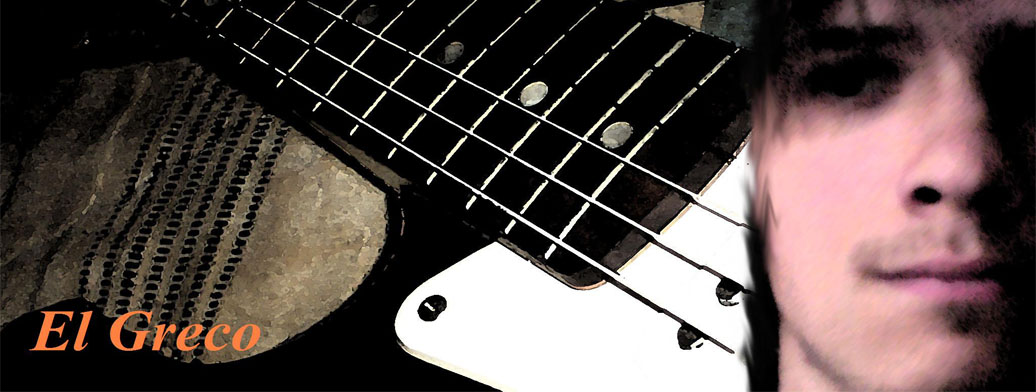When we hear the name Greece, two things come in mind. One is the rich ancient history and civilization with its huge offer to the modern world and the second is a sunbathed land, a beautiful island with wonderful beaches that makes everyone believe it is the perfect tourist destination. Nevertheless, what is the real image of modern Greece, not only regarding the music and arts but generally what is the contemporary Greek cultural background?
Thousands of years have passed since the end of the ancient glory. Many people believe that the modern Greeks are the direct descendants of the ancient geniuses but there are also others who support that the people of Greece of the 20th century have nothing to do with Pythagoras, Plato, Aristotle etc as massive cultural and racial mixes occurred during the years of the Roman occupation, the Byzantine Empire, the Ottoman occupation and after. There is no clear answer to that. It is common sense to reject that the evolution and human progress has to do with the DNA and other innate characteristics of a person or a group of people. The evolution is nothing more than the consequences of cultural interactions not only between people from different cultural backgrounds but even within the same social circle. The greatest cultural achievements do not belong to a specific society but they are part of the widespread human wisdom. You can call yourself wise if you have done something important, like a medical discovery, a musical invention, but you cannot call yourself civilized if you don’t understand that you have to share greatness.
Undoubtedly the ancient Greek civilization was a very important contribution to the whole world and if it had not existed, perhaps the world would not have been as we know it today. It would not be useful to analyze the famous Greek philosophers here. There are thousands of sources for that in the web and elsewhere and as this is a music site I would like to offer a brief reference to the ancient Greek music which is not something well-known. Apart from that the reason of this post is not to inform the audience about the importance of the Greeks but to compare the ancient with the modern Greece of the last 30 years. This is not the typical “Lands of Music” feature of this blog suggesting to the audience quality music. Here you will find a very caustic judgment as my personal opinion is very negative of the modern Greek cultural landscape.
Based on the Wikipedia sources in ancient Greece, musicians were highly respected, unlike in modern Greece where being an artist means that you do something that is not first priority in life. In fact this is very unpleasant. Based on my experience and different surveys I have done/read, Greece has the lowest rates per capita in Europe regarding the role of the artist in the society and one of the worst records in music employment. The 75pc of the questioned people would agree that “the arts are not jobs”. The 40pc of that percentage supported that doing an art does not mean you do something important for life and the 60pc that being an artist is difficult to secure employment. The 35 pc said the society should try more in order to accept the artists and the 90pc of this percentage is below 30 years old and the 50 pc lives abroad.
The problem in Greece is not only education but the whole attitude and modern background of the Greeks. Typically the whole modern culture of the country is affected by the political scene and the changes. The most conservative ideas come from older people however the numbers of those who join far right groups like “Hrysi Avgi” is shocking. In the last Euro-elections the anti-immigant nationalist party LAOS (Populist Orthodox Alert) took the 7pc of the votes and the nazi party “Hrysi Avgi” has more than 25.000 supporters in a country where the population is only 10 millions. Of course there is a considerable percentage of progressiveness in the country as we can see in the recent riots of December 2008, however for many reasons there is also a massive reaction from the conservative side leading people to extremities.

